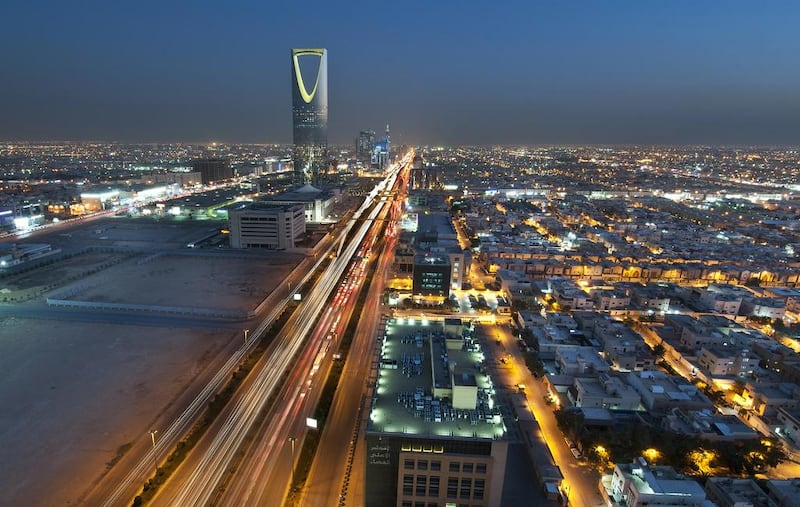Westinghouse Electric is interested in bidding for nuclear power plants in Saudi Arabia.
“We see [Saudi Arabia] as a good market for us to not only grow our technology, but as a very fertile market as supply chain development,” said Danny Roderick, the chief executive of the United States-based firm owned by Toshiba.
Saudi Arabia, the world’s biggest oil exporter, plans to seek preliminary bids for its first nuclear reactor next year.
The request for proposals could be for more than one reactor, the first of which would start construction in 2017 for completion in 2022, said Muhammad Garwan, the atomic energy team leader of the King Abdullah City for Atomic and Renewable Energy (Ka-Care), the government’s energy diversification planner.
Over a decade-long construction period, the country plans to add 18 gigawatts of nuclear power, which combined with 54GW of renewable energy, would represent half of the kingdom’s soaring power demand.
It would have to finalise a “123” cooperation pact with the US to enable it to buy nuclear technology from Westinghouse or other US firms.
Section 123 of the US Atomic Energy Act requires a specific agreement for significant transfers of nuclear material, equipment or components from the US to another nation.
“I still have high optimism that the 123 agreement will get made, but it is a very complex set of discussions right now, and both parties are going to have to come to the table and talk,” said Mr Roderick.
Westinghouse is supplying technology to the nuclear power plants being built in the UAE, which has a 123 agreement with the US.
The UAE, the first Arabian Gulf country to start a nuclear power project, in 2009 awarded a contract to build four nuclear reactors to a consortium led by Korea Electric Power (Kepco). The first of the four reactors is expected to start operations in 2017.
“Even though we are not building the units here in the UAE, we are a significant supplier into the UAE,” said Mr Roderick. “We supplied all the digital controls. We supplied a lot of components into those plants and the only way we were able to do that is because of the 123 agreement between the UAE and the US government.”
Westinghouse is also keen on Turkey, which Mr Roderick noted had decided to expand its nuclear power programme and had awarded contracts for two power reactors.
“Originally we had some difficulties in making the economics work under the situation the plants were being bid under,” he said. “But we had a lot of meetings recently that I think will put Turkey back as a very viable project for Westinghouse, and some of our partners will be able to go into Turkey and build the units there.’’
The company is also bidding for a project in the Czech Republic and is also in talks to buy the Spanish utility Iberdrola Group’s 50 per cent stake in the British nuclear consortium NuGen.
Westinghouse is also optimistic about opportunities in Eastern Europe – including in Bulgaria and Ukraine – and in South East Asian countries such as Vietnam.
business@thenational.ae





